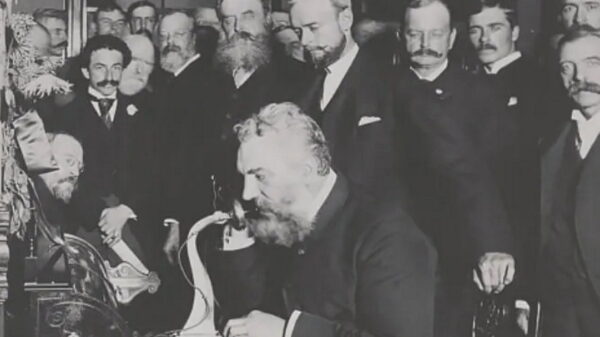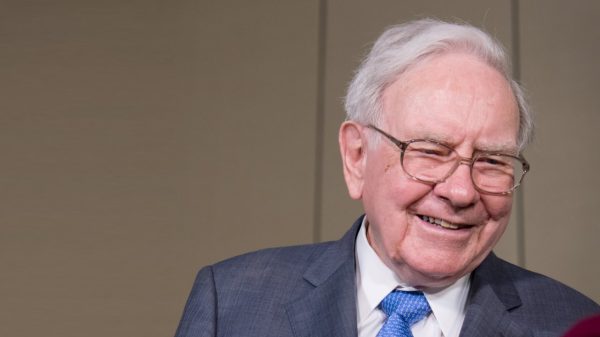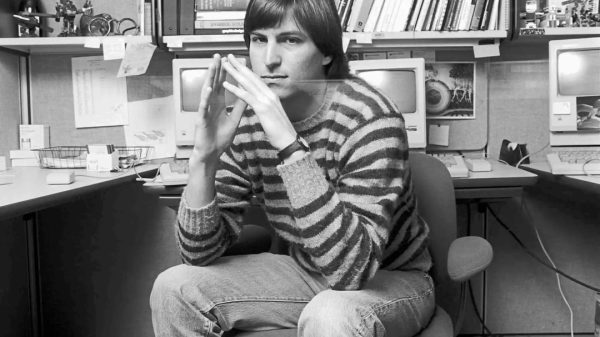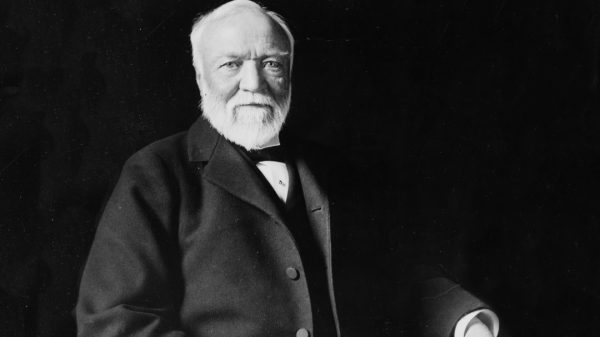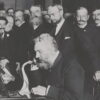Inc. looks at this key foundation for developing a growth mindset.
Research has found that curious people are known for having better relationships, and other people are more easily attracted and feel socially closer to individuals who display curiosity.
Curiosity is a strong foundation for developing a growth mindset so you can keep learning. Research published in Harvard Business Review states that people with a higher curiosity quotient (CQ) are more inquisitive and generate more original ideas, and this thinking style leads to higher levels of knowledge acquisition over time. Organizations will also benefit greatly from hiring future workers displaying curiosity. In one study published in HBR, “the most curious employees sought the most information from coworkers, and the information helped them in their jobs–for instance, it boosted their creativity in addressing customers’ concerns.” From a leadership standpoint, by being willing to explore and ask questions with curiosity, you’re able to see more clearly the nuances of a challenge and reach better outcomes. But here’s the thing. If you’re in a bureaucratic environment, too often, bureaucracy or the status quo drives us to stop being curious and asking questions, as we think we already have the answers. But by building your curiosity, and allowing others to do the same, we open ourselves up to new ideas that may solve complex problems at a much faster pace.
In the late 1990s, General Electric asked 500 of their top executives to seek out mentors from among new employees.How Can You Tell Someone Has Exceptional Leadership Skills? It Boils Down to 1 Word – Marcel Schwantes, Inc.
Reverse mentoring recognizes that there are skills gaps on both sides, and that each person can address their weaknesses with the help of the other’s strengths. A younger team member can pass up-to-date skills and ideas up the corporate ladder, and someone older can become a mentor or coach to that person.

